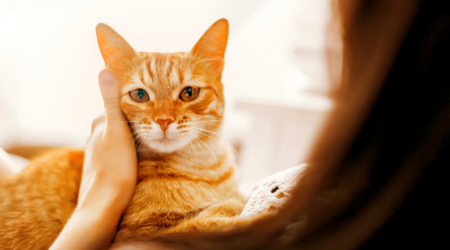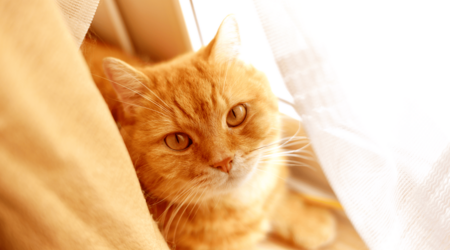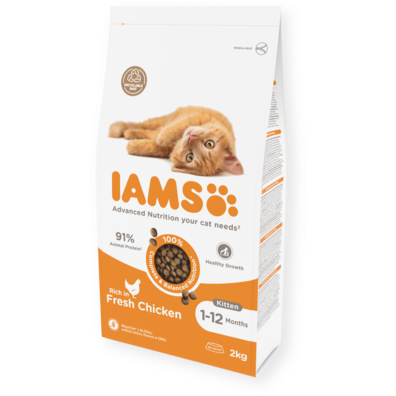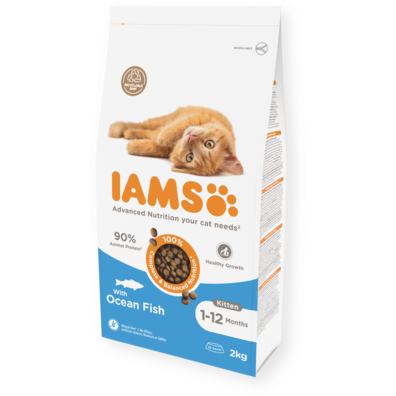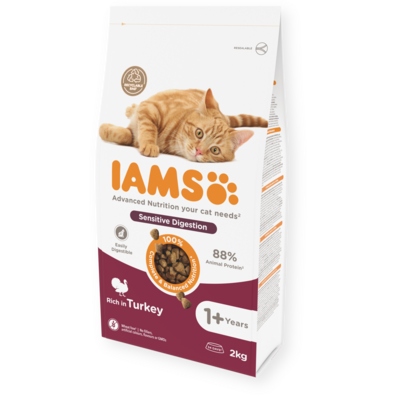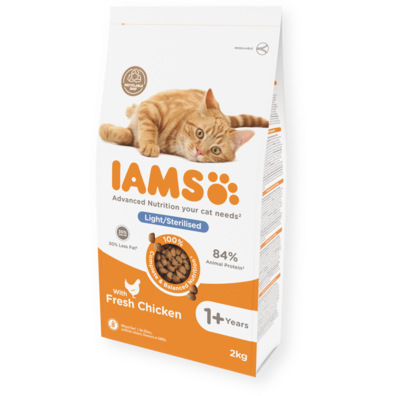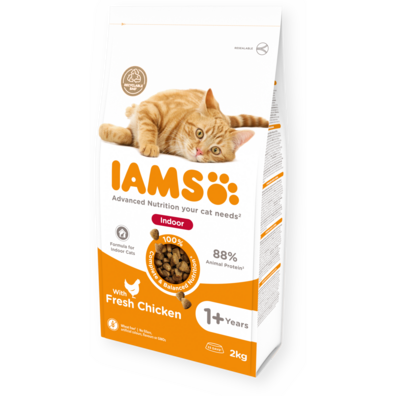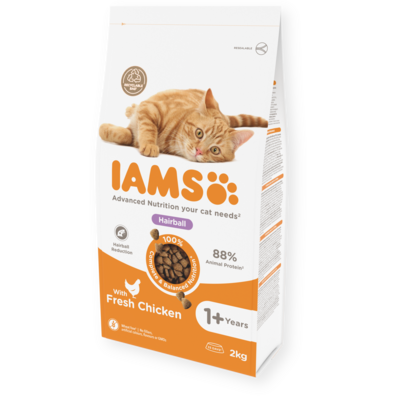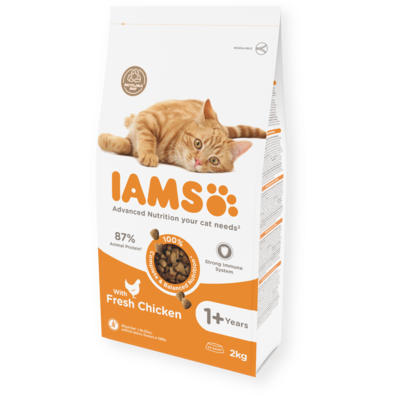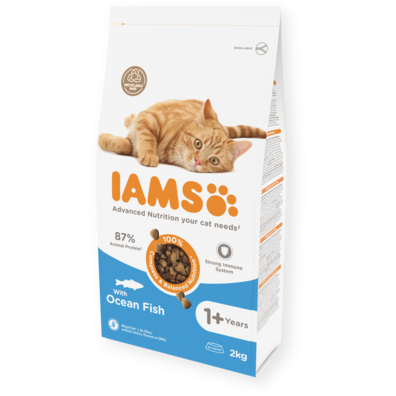Why does my cat vomit after eating?
There is nothing worse after feeding your cat a meal than coming back to find they have vomited everywhere. Not only is it difficult to see a beloved pet feeling unwell, but it can also be a smelly and messy job to clean up. We are going to look at some of the reasons why your cat is vomiting after food, when you should be concerned, and how to prevent your cat from doing so in the future.
-
Cats may vomit due to eating too quickly, ingesting hairballs, or swallowing foreign objects like toys, leaves, or grass, which irritate their stomachs.
-
Constipation can make eating uncomfortable and trigger vomiting as the stomach reacts to the stretch reflex.
-
Health issues such as poisoning, kidney disease, diabetes, or cancer can also cause vomiting, especially if accompanied by blood in stool, rapid weight loss, or lethargy.
-
Preventive measures include feeding smaller, more frequent meals, using puzzle feeders to slow eating, grooming long-haired cats, and keeping toxic substances out of reach.
-
If vomiting is frequent, severe, or accompanied by other concerning symptoms, it is important to consult a vet promptly to rule out underlying medical problems.
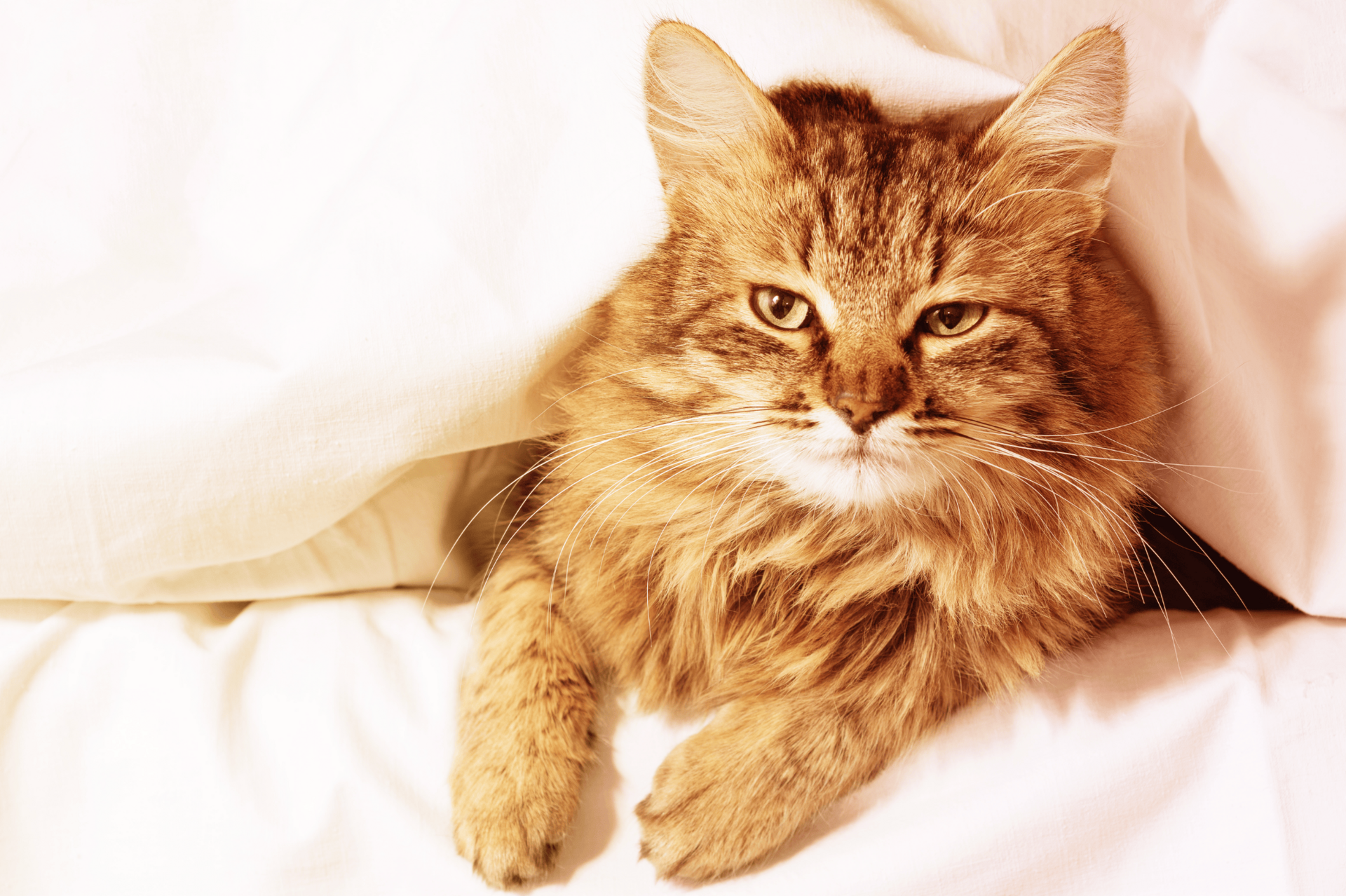
Why is my cat vomiting after eating?
It is first important to distinguish the difference between vomiting and regurgitation. Vomit is a visceral response that your cat will have and will often involve noise as well as a sloppy mess of partially digested food. On the other hand, regurgitation takes the shape of a tube of undigested food and will simply slip out of your cat’s mouth.
There are several reasons your cat might be vomiting after eating and some of them can be a cause for concern.
-
Gorging: if you have a greedy cat who pesters you for food, it may not come as a surprise when they vomit after eating. When your cat eats too much too quickly, it causes a response from the stomach that regurgitates or vomits out the food.
-
Constipation: when your cat is constipated and they are unable to go to the toilet, eating food will become uncomfortable for them. As such, the body can reject food via the stretch reflex in the stomach.
- Hairballs: cats clean themselves with a barbed tongue, and during this time they ingest a lot of their own hair. If you have a very hairy cat, the reason your cat is vomiting could be due to a hairball.
- Foreign objects: cats like to eat everything they see. Whether it be plastic from their toys or leaves or grass from outside, this is a very common reason for vomiting.
- Health issues: there are issues such as poisoning, kidney disease, diabetes, and cancer that can cause your cat to vomit. It is best here to also look for other signs such as blood in their stools or rapid weight loss.If you are worried, contact your local vet for more information.
Is it normal for a cat to vomit after eating?
The simple answer to this is yes. As cats are curious creatures, they will often ingest foreign objects, and many cats will eat too quickly, thus making them feel ill. Some cats vomit a lot, while others do not at all. It all depends on your feline’s disposition and their habits. If you are worried about the frequency of your cat vomiting, contact your local vet.
How do I get my cat to stop vomiting after eating?
If your cat eats too quickly and gets sick often it is important to try and slow them down and allow them to digest their food fully before overindulging. One way to do this is to feed them with smaller and more frequent meals.
If your cat eats dry food too fast, one helpful way to slow them down is to place a ball in the bowl or use a puzzle feeder to make it a little more challenging for them to reach their food.
To help prevent poisoning, you need to ensure that any toxic products that might be present in your home are sealed and out of reach. Things such as bleach or antifreeze are tempting for cats, and can be fatal if ingested.
For hairy cats or ones who shed often, it is important for you to consider grooming them frequently with a brush to help alleviate the amount of hair your cat ingests. This is also a good bonding exercise, and it can bring you and your cat closer together as a family.
Taking your cat to the vets when they start vomiting often is a great way to ensure that there are no underlying medical issues you need to take care of. This is something that you should consider early on, and it will guarantee that if your cat is ill, they can be treated.
When should I be concerned about my cat vomiting after eating?
Most of the time the reason for your cat vomiting is due to outside factors and although an annoyance, it is nothing to be too concerned about. However, there are times when you should be concerned about your cat vomiting, and this is when they also display other symptoms or issues.
If your cat suddenly becomes very lethargic and they stop eating completely - it is highly recommended that you get them to the vets as soon as you possibly can. If your cat has blood in their vomit or stool, this is also a cause for concern, and you need to ensure they get medical attention.
But most importantly try not to worry too much and let the expert vets check your cat!
